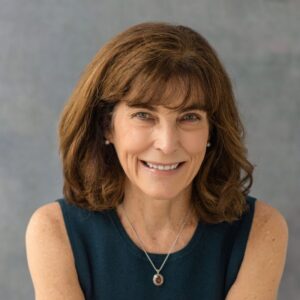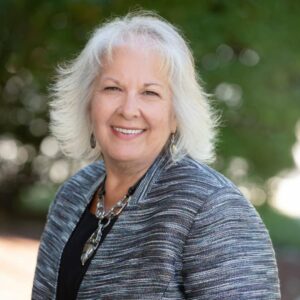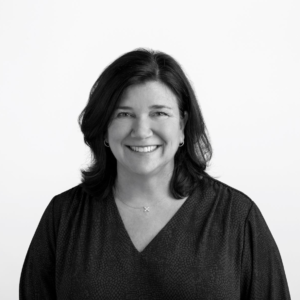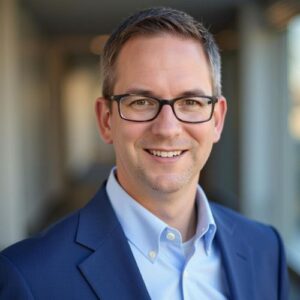Project aims to unify perceptions of aging
The Leaders of Aging Organizations (LAO) collaborative and the FrameWorks Institute are aiming to develop a narrative of the aging process that is shared by healthcare experts, advocates and older adults. Toward that end, the entities have produced a report and will hold an online town hall meeting to discuss its findings.
“The ultimate goal of this project is to increase the public understanding necessary to promote well-being for older adults and their families and to ensure their full participation in society,” Laura A. Robbins, a consultant who is managing the project, said in a statement.
“Aging…needs to be reflected in public thinking, public policy and public discourse,” Eric Lindland, PhD, a senior researcher with the nonprofit FrameWorks Institute and a lead author of the report, added.
LAO members will discuss the report, “Gauging Aging: Mapping the Gaps between Expert and Public Understanding of Aging in America,” in an online town hall with stakeholders from across the aging field on May 5 at 2 p.m. EDT (visit bit.ly/ReFramingAging for more details).
Some of those findings include these public perceptions of aging:
- It’s someone else’s problem. Instead of perceiving aging as an inherent aspect of development, people tend to focus on “the aged” as an “otherized” group to which they do not belong.
- It’s undesirable. The public associates aging with decline and deterioration. Many interviewed individuals emphasized their belief that capability “faded away” with time.
- It’s inevitable. For most, this “fading away” also is tied to a strong sense of inevitability—a resignation to “slowing or breaking down” as a central aspect of growing old.
- It’s isolated. Most of the public perceives old age not only as an outside obstacle or opponent but also as a personal or familial problem and not a challenge that society shares.
- A fatalistic attitude prevails. Intimately tied to these perceptions are fears of decline, depression and dependence. Such fears not only imbue the aging process with dread but also impede support for policies and solutions that actually address the challenges (and opportunities) associated with age, according to the report authors.
- They want to keep it out of sight and out of mind. Fear and misperception ultimately fuel a lack of attention to older adult health. Keeping aging “off the radar,” however, does little to remedy impediments to health as we grow older, according to the report authors.
In contrast, experts in aging believe that advances in research, care and services to extend longevity have increased possibilities for personal, social and economic contributions by the fast-growing older adult population. These contributions can be leveraged for the benefit of all, but doing so entails adjusting public institutions, policies and infrastructure by chipping away at outdated ways of thinking, the report authors say.
LAO members include the AARP, the American Federation for Aging Research, the American Geriatrics Society, the American Society on Aging, the Gerontological Society of America, Grantmakers in Aging, the National Council on Aging and the National Hispanic Council on Aging.
Speakers at the White House Conference on Aging’s regional event April 27 in Cleveland also said the time has come for members of our society to change the way they think about the aging process and older adults. Read more here.
Related content:
Is it time for an attitude adjustment?

Lois A. Bowers was senior editor of I Advance Senior Care / Long-Term Living from 2013-2015.
Related Articles
Topics: Executive Leadership , Leadership











